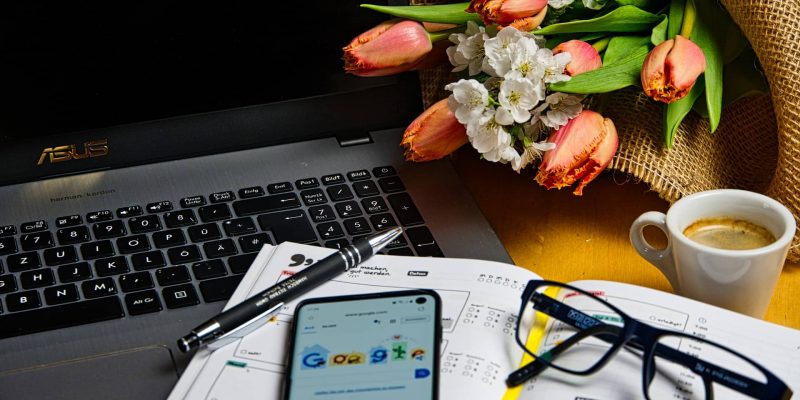Like many companies across the world, Med-Co moved to an entirely remote-working arrangement in March to ensure the safety of our staff and customers during the COVID pandemic.
It was a big change for us, having been entirely office based for over 20 years. Nevertheless, within a few days of the UK Government’s announcement, every member of staff had remote access to our essential systems, phones had been diverted to mobiles and we continued to operate business-as-usual with minimal service disruption.
It’s been 10 weeks since we started home-working, and it’s starting to feel relatively normal. Now, we’re not experts in remote-working. Far from it. But in 10 short weeks, we have adapted to this new way of working, and have picked up some great home-working tips that we’d like to share.
Our Team’s Top Tips
- Create an effective morning routine
As much as you can, stick to your usual morning routine that you had before. Get up at the same time, have a shower, have breakfast, spend some time with your dogs/children/partner and make sure you’re ready for work at the usual time (for us, this was 9am).
Having a morning routine that ends with you starting work will help get you in the right frame of mind and feeling ready to face the day.
- Find a schedule that works for you as well as those you work and live with
You may find you’re more productive earlier in the day, so the typical 9-5 working day might not be right for you when working from home. If you have other commitments in your life, find a routine that lets you take care of those as well. E.g walking the dog or homeschooling.
Once you have your schedule, make it visible to your co-workers and people you live with. Use a shared online calendar (we like G-Suite’s Calendar) so everyone knows when you’re working, free for calls or when you’ve blocked out any personal time.
- Break up the day
Make sure you take regular breaks and move away from your desk/workstation. Getting up, stretching and walking around for a few minutes will reduce the likelihood of developing aches and pains from long inactive periods. Use the time to get some fresh air, do a 5-minute yoga video (we enjoy Yoga with Adrienne on YouTube), or listen to some music. If you are able to schedule breaks with colleagues, use Zoom or Google’s Hangouts (or other video-call software) and have a chat. At 10.30am, Radio 2 hosts PopMasters – we love getting the team together on a call and answering the questions together.
- End your working day and think about what you need to achieve tomorrow.
It can be really useful to plan the next day’s work, while still in work-mode. For 10 minutes at the end of the working day, list the priority/urgent tasks that need to be done the following day. This can help prevent you from getting distracted by emails as soon as you come back to your desk in the morning.
Similarly, adopt a ‘shut down routine’ to help your brain recognise when to mentally switch off from work. This is easier if you have a designated work area because you can get up and physically move away from where you work.
When working from home, you’re not really going to leave the building but your work from home shut down ritual could be as simple as logging out of your work accounts, clearing your work things away (pens, files, paperwork, whatever makes you think of work) and shutting down your laptop at the end of each working day. Even better if you can do this at a set time every day.
- Prioritise your Mental Health
Now is the time to cut yourself some slack, and show yourself as much compassion and kindness as you would a friend or family member. Self-care looks different to everyone, and what works for one person might not help another – try and find what works for you. Self care is not just about bath bombs and face masks. It could be eating a better diet, not spending time on social media for a few days or calling a friend and having a chat.
There are lots of resources out there that give great advice on how to really look after yourself during these uncertain times. Here are a few we found useful:
Mind – for better mental health
This information is not intended nor implied to be a substitute for professional medical advice. Please reach out to a qualified health professional, such as a GP, if you are experiencing any mental health issues.



